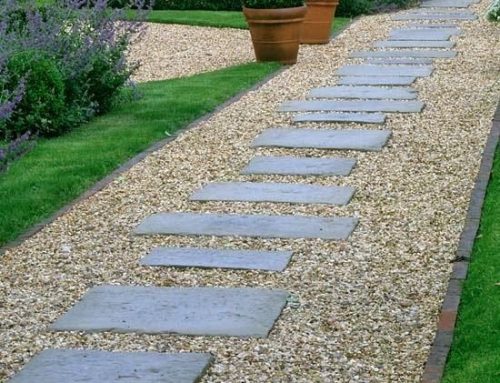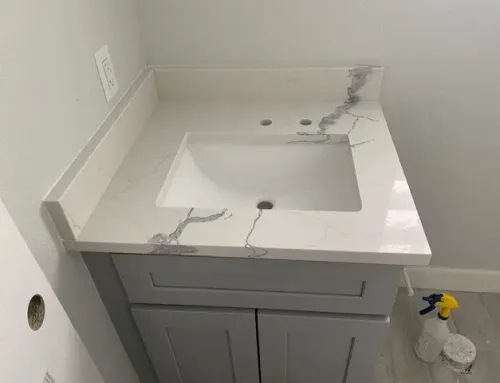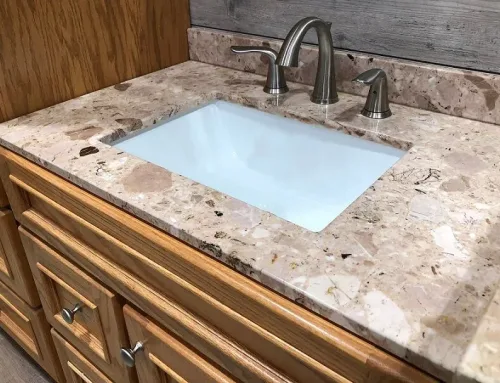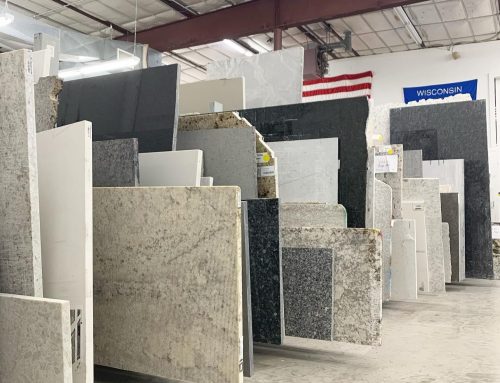What does a natural stone slab fabricator do? Natural stone slabs, renowned for their elegance and durability, are a staple in construction and interior design. Whether adorning kitchen countertops, bathroom vanities, or walls, these slabs undergo a meticulous process before they are ready for installation. At the heart of this transformation is the natural stone slab fabricator. But what exactly does a fabricator do? Let’s dive into their world to understand their critical role in bringing stone to life.
1. Measuring and Planning
Every project begins with precise measurements of the space where the stone will be installed. Fabricators use tools like laser measurers and templates to capture accurate dimensions. These measurements guide the layout, ensuring that:
- The stone fits perfectly into the designated space.
- Veins and patterns are aligned for aesthetic continuity.
- Waste is minimized during cutting.
2. Cutting and Shaping
The raw slab is cut and shaped to meet the project’s specifications. This stage requires a combination of technology and craftsmanship. Tools commonly used include:
- Bridge saws: For straight cuts and large pieces.
- Waterjets: For intricate cuts and curves.
- Edge routers: For shaping edges into profiles like bullnose, beveled, or ogee.
3. Polishing and Finishing
Once the slab is cut and shaped, it’s time to enhance its surface. Polishing and finishing bring out the stone’s natural beauty while preparing it for daily use. The finishing process can achieve different looks, such as:
- Polished: A glossy, reflective surface.
- Honed: A smooth, matte finish.
- Leathered: A textured finish that’s soft to the touch.
4. Customizing Details
Every project is unique, and fabricators often handle custom requests such as:
- Cutting out holes for sinks, faucets, and stovetops.
- Creating intricate designs or inlays.
- Adding special edge treatments or decorative elements.
5. Sealing and Protecting
Natural stone is porous and can absorb liquids, leading to stains or damage. Fabricators apply sealants to protect the stone from spills, moisture, and wear. This step ensures the stone remains beautiful and functional for years to come.
6. Installation Assistance
While many fabricators focus on crafting the slabs, some also provide installation services. During installation, they:
- Ensure the slabs are securely mounted.
- Adjust seams for a seamless appearance.
- Perform final polishing and clean-up.
7. Collaboration with Designers and Builders
Fabricators often work closely with architects, interior designers, and contractors to ensure the stone integrates seamlessly into the overall design. Their expertise helps:
- Match slabs to the project’s aesthetic.
- Address technical challenges, like supporting large slabs.
- Meet tight deadlines without compromising quality.
Why Are Fabricators Essential?
Natural stone slab fabricators bridge the gap between raw materials and finished products. Their expertise ensures that every slab is:
- Beautifully crafted.
- Precisely fitted to its intended space.
- Durable and ready to withstand daily use.
From kitchens to commercial spaces, the work of a fabricator enhances the visual and functional appeal of natural stone applications. Without their craftsmanship, the timeless elegance of stone would remain unfulfilled.
Conclusion
So what does a natural stone slab fabricator do? Natural stone slab fabricators play a pivotal role in transforming raw stone into stunning, functional masterpieces. Their skills, tools, and attention to detail ensure that each piece meets the highest standards of beauty and quality. Whether you’re planning a remodel or a new construction project, working with a skilled fabricator guarantees that your vision will come to life in stone.





